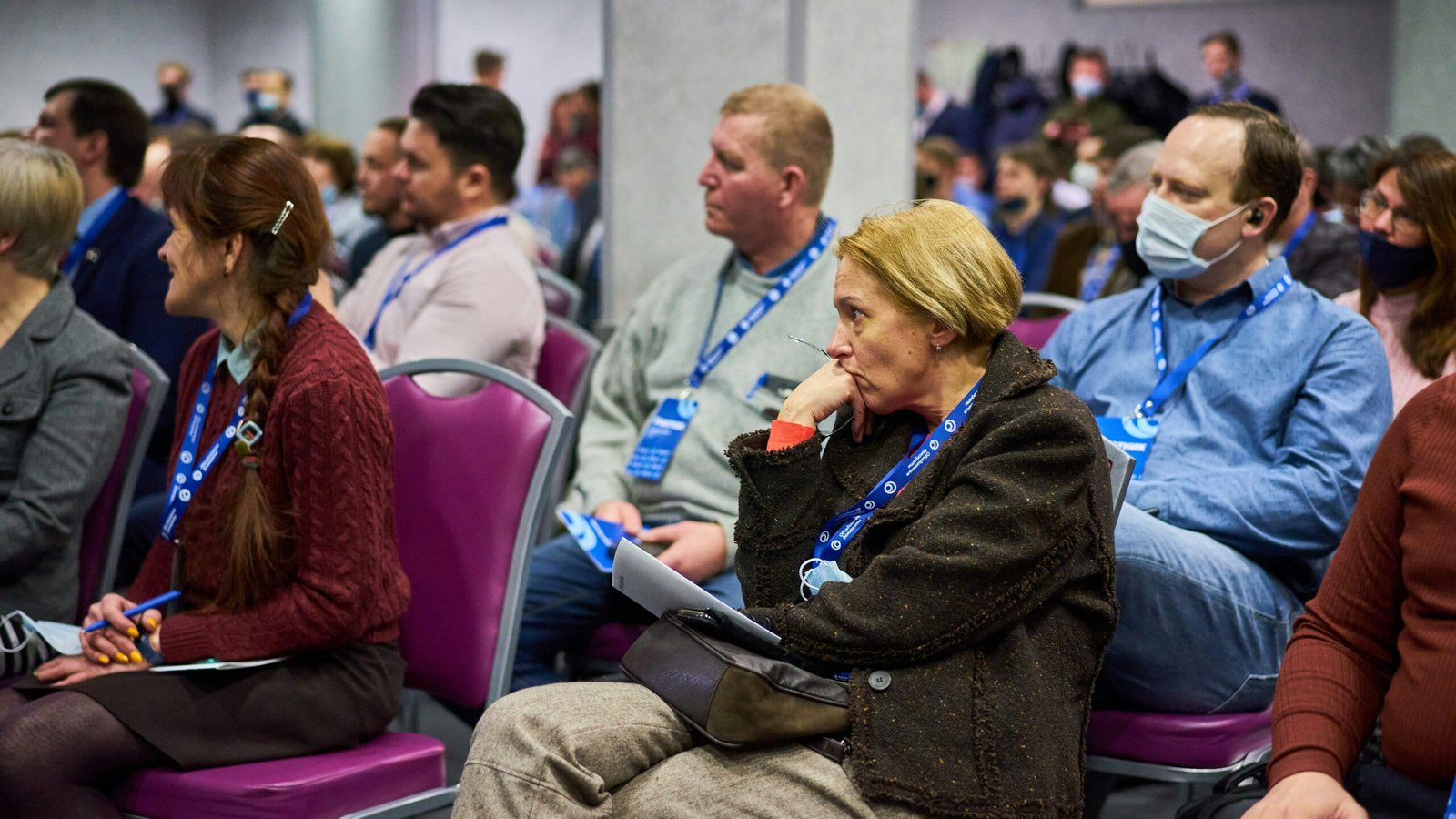Overview of Lagos State and Its Local Government Structure
Situated in the southwestern region of Nigeria, Lagos State is renowned for its dynamic economy and vibrant culture, making it a focal point of the nation’s development. As the most populous city in Nigeria and one of the fastest-growing urban areas in the world, Lagos serves not only as a commercial backbone but also as a cultural melting pot where diverse ethnic groups coalesce. This cosmopolitan nature contributes to its significance as a hub of trade, finance, and entertainment within Nigeria, and indeed, West Africa.
The administrative structure of Lagos State consists of 57 local government areas (LGAs), each with its own unique governance and administrative frameworks. This local government system is designed to enhance grassroots participation in governance, ensuring that the needs and aspirations of the communities are addressed effectively. Each local government operates under the jurisdiction of the Lagos State Government but possesses the autonomy to govern local affairs, implement policies, and provide basic services like education, health, sanitation, and infrastructure.
Each LGA is led by a chairman and is supported by elected councilors representing various wards within the area. These representatives play a crucial role in bridging the gap between the state government and the local populace, facilitating dialogue, and promoting accountability. This decentralized governance model empowers local authorities to address specific regional challenges while fostering development aligned with the state’s overall strategic goals.
The distribution of LGAs throughout Lagos State highlights the state’s urban-rural dichotomy, with clusters of densely populated urban communities juxtaposed against more rural areas. Understanding this structure is fundamental to comprehending the functioning and influence of local administrations such as Egba Local Government, which will be explored further in subsequent sections.
The Egba Ethnic Group: History and Culture
The Egba ethnic group, primarily located within the geographical confines of Lagos State, has a rich heritage that dates back to the 19th century. Traditionally, the group is recognized as one of the foremost subgroups of the larger Yoruba ethnic community. The history of the Egba people is marked by their migration from the ancient city of Ife due to political conflicts and the quest for autonomy, leading them to establish a new settlement in Abeokuta, which became their historic capital. This migration formed the foundation for their distinct identity and cultural practices that continue to thrive today.
Throughout their history, the Egba people have been involved in various significant events, particularly during the struggles against colonialism and the slave trade. Their resistance to colonial rule and other forms of oppression illustrates their resilience and determination to preserve their cultural identity. This historical significance has allowed the Egba to maintain leadership roles in Lagos and the surrounding regions, contributing greatly to the socio-economic landscape of the area.
In terms of cultural practices, the Egba people are renowned for their traditional arts, music, and dance, which play a pivotal role in their social gatherings and celebrations. The Egba are also known for their unique dialect, culinary practices, and skilled craftsmanship, especially in wood carving and weaving. Notable festivals such as the Egungun Festival, which celebrates ancestral spirits, and the Lisabi Festival, commemorating the historical figure Lisabi, are integral to their cultural identity. These events not only foster community spirit among the Egba, but also engage and enrich the broader Lagos community, highlighting the importance of cultural diversity in the state.
Geography and Demographics of the Egba Local Government Areas
The Egba Local Government Areas are situated within the southwestern region of Nigeria, specifically in Lagos State. This area is historically associated with the Egba people, who are among the prominent ethnic groups in the region. The Egba territory comprises various towns and communities, including Abeokuta, the capital of Ogun State, which is closely linked to the history and culture of the Egba people. The geographical layout of this region features a mix of urban and semi-urban settings, contributing to its demographic diversity.
The population of the Egba Local Government Areas is dynamic, with several key towns hosting significant numbers of residents. For instance, Abeokuta is noted for its historical significance and cultural heritage, attracting a population that is engaged in various economic activities. According to the latest population census, the egba communities showcase a significant population growth, reflecting a trend towards urbanization, particularly in areas close to commercial hubs.
MMG
In terms of notable landmarks, the Egba area is rich in cultural and historical sites, such as the Olumo Rock, which serves as both a tourist attraction and a symbol of the Egba identity. Furthermore, the local economy is predominantly agrarian, with residents participating in farming, trading, and small-scale industries. The presence of markets and commercial centers further illustrates the economic vibrancy within these regions.
Overall, the geography and demographics of the Egba Local Government Areas are characterized by a blend of tradition and modernity, influenced by both the historical context of the Egba people and contemporary urban developments. Understanding these dynamics is crucial for grasping the socio-economic fabric of the region, making it essential for stakeholders and policymakers.
Governance and Development in the Egba Local Government Areas
The Egba Local Government Areas (LGAs) in Lagos State represent a crucial governance structure that aims to enhance local development and facilitate efficient administration. Each LGA operates under a council known as the Local Government Council, which comprises elected officials responsible for various sectors such as education, health, infrastructure, and community services. This framework ensures that policies reflect the needs and aspirations of the local populace while promoting transparency and accountability in governance.
To foster growth within the Egba LGAs, several initiatives and policies have been implemented. Programs focused on improving education, enhancing healthcare accessibility, and rehabilitating infrastructure have been prioritized. For example, recent investments in rural healthcare facilities aim to provide quality medical services to underserved areas, thus improving overall health outcomes. Furthermore, roads and transportation schemes have been developed with the intention of boosting economic activities and connecting communities effectively. These initiatives demonstrate the commitment of the local government to advance community welfare and sustainable development.







